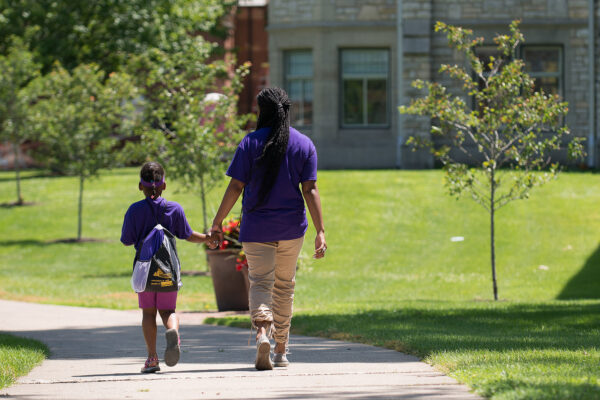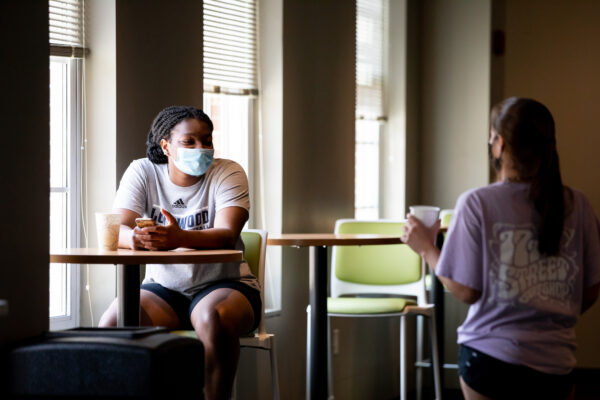Insights and Recommendations for Mental Health Resources at HBCUs
Title: From Awareness to Action: The Imperative for Enhanced Mental Health Support at HBCUs
Authors: Victoria Smith and Julian Thompson
Source: UNCF Institute for Capacity Building
While Black graduates from Historically Black Colleges and Universities (HBCUs) seem to be thriving, researchers at UNCF and The Steve Fund took a closer look at the status of mental health on these campuses.
Based on their analysis, HBCU students experience a stronger sense of community and identity than Black students at other institutions. Still, leaders at HBCUs are encouraged to strategize to prioritize mental health on their campuses, and UNCF outlines five key recommendations in a new report.
1. Recognize the mental health needs of students at HBCUs: Over one-third (37 percent) of HBCU students who responded to a 2021 survey indicated recent mental health challenges. HBCU students, faculty, and staff cited stress, anxiety, and depression as the most prominent student mental health concerns on their campuses. In navigating mental health crises, nearly two in three students (65 percent) reported they would turn to family and friends for support.
2. Design mental health solutions with students in mind: Students, faculty, and administrators also indicated focused efforts to remain updated about mental health resources. HBCUs leveraged partnerships with organizations including Active Minds and UNCF during the pandemic’s height. These two groups put out a report together that outlined eight strategies to improve mental health at HBCUs, including creating systematic campus strategies, developing partnerships, expanding access to mental health supports, promotion of said mental health supports, anchoring student voices, fostering a caring culture between faculty/staff and students, and evaluating the needs of each campus.
3. Prioritize emotional safety and cultural connections: The report underscores the need to create spaces that enable HBCU stakeholders to engage with mental health resources in safe ways. UNCF and The Steve Fund organized a mental health conference in which students at HBCUs and Predominantly Black Institutions (PBIs) were empowered to think about methods to improve mental health, with additional resources for those with multiple marginalized identities. Additionally, UNCF launched a national campaign tailored to the unique mental health needs of Black faculty and students on HBCU campuses.
4. Establish a network of mental health experts: Harnessing the expertise of HBCU leaders in mental health can help to sustain efforts. UNCF created a mental health advisory board that worked to focus the annual UNCF UNITE summit on in-practice approaches to mental health at HBCUs. Key areas of focus included mental health toolkits, building supportive campus environments, nontraditional approaches to mental health, and boundaries and self-care.
5. Provide opportunities to learn about mental health on HBCU campuses: Mental health is becoming a defined activity on HBCU campuses. The Healthy Minds Network and UNCF created the first module exploring student mental health on HBCU and PBI campuses. There is a particular need to focus on stigma, attitudes, signs of emotional distress, and how to support peers.
To read the full report, click here.
—Kara Seidel
If you have any questions or comments about this blog post, please contact us.


